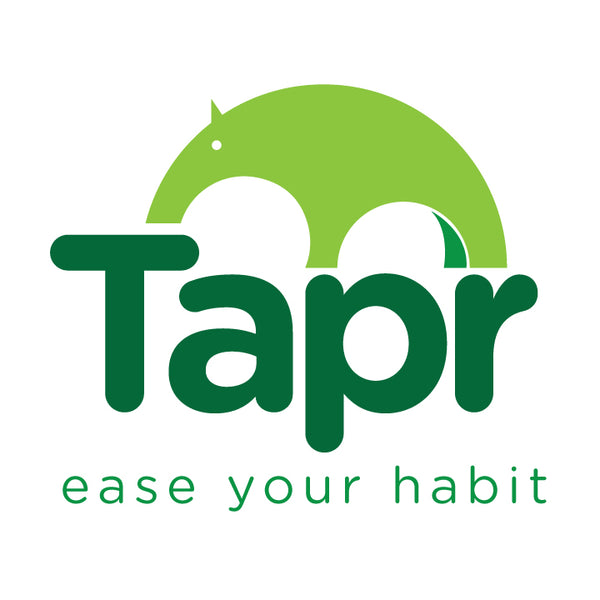Innovations in Cannabis Cessation: Navigating the Latest Treatment Options
Share

As the dialogue around cannabis continues to evolve, so too do the approaches to managing its use, particularly for those seeking to reduce or quit. Traditional methods of cessation have expanded to include innovative treatments and support mechanisms, reflecting a deeper understanding of the complexities of cannabis use disorder (CUD). This post explores the forefront of cannabis cessation, offering insights into the latest treatment options that cater to a variety of needs and preferences.
A Multifaceted Approach to Cessation
Cannabis cessation, like any journey toward behavioral change, benefits from a comprehensive approach. Recognizing the multifaceted nature of CUD, professionals now recommend a combination of treatments tailored to address both the psychological and physical aspects of dependency.
Behavioral Therapies
-
Cognitive-Behavioral Therapy (CBT): CBT remains a cornerstone of cannabis cessation, helping individuals understand the thoughts and behaviors that contribute to their cannabis use. By developing coping strategies, individuals can manage triggers and reduce reliance on cannabis.
-
Motivational Interviewing (MI): MI is a counseling approach that addresses ambivalence about change. It helps individuals find the internal motivation to pursue cessation, reinforcing the personal benefits of reducing or quitting cannabis.
-
Contingency Management (CM): This approach uses positive reinforcement to encourage abstention from cannabis. Incentives, often in the form of vouchers or small cash rewards, are provided for negative drug tests, promoting sustained cessation efforts.
Medication-Assisted Treatment (MAT)
While there are currently no FDA-approved medications specifically for cannabis withdrawal, research is ongoing into how existing medications can alleviate withdrawal symptoms or reduce the desire to use cannabis. Some areas being explored include:
- CBD (Cannabidiol): Some studies suggest that CBD, a non-psychoactive compound in cannabis, may help manage withdrawal symptoms such as anxiety and insomnia, offering a potentially effective aid in cessation efforts.
- N-acetylcysteine (NAC): NAC, an antioxidant supplement, has shown promise in reducing cannabis use in adolescents, though more research is needed to confirm its efficacy.
Digital and Online Resources
The digital age has ushered in a wealth of online resources and tools designed to support cannabis cessation:
- Mobile Apps: Apps designed to support cessation can track progress, manage goals, and provide motivational tips and resources.
- Online Support Groups: Virtual communities offer a platform for sharing experiences, challenges, and successes, providing a sense of connection and support for those reducing or quitting cannabis.
- Teletherapy Services: Online counseling and therapy services make professional support more accessible, allowing individuals to receive help from the comfort of their homes.
Looking Forward: A Personalized Path to Cessation
Whether through behavioral therapy, medication, digital tools, or outpatient programs, the key to effective cannabis cessation lies in finding the right combination of supports that resonate with the individual’s journey. With each innovation, we move closer to a world where every person has the tools and resources they need to navigate their relationship with cannabis healthily and mindfully.
